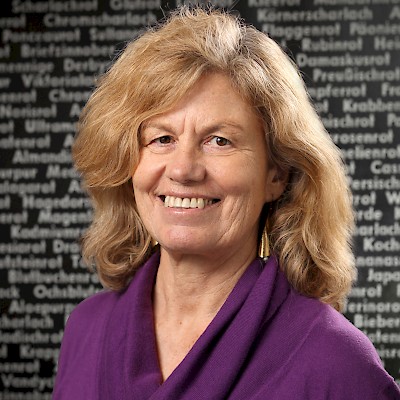Fictionalization as Life Writing: Autofiction as Autobiography and as Obituary
The term ›autofictional‹ can be used to define writing that to a great degree has autobiographical connotations but which differs from autobiography proper in that it treats the life-story as something that is to be invented. The truth claim of such writing is, consequently, based not on the reconstruction of something that supposedly happened, but occupies a space beyond such a happening: it concerns an authenticity created by the subject and specific literary procedures that make it possible for what is remembered to be experienced again.
The literary texts that I am examining arise out of the experiences of dictatorship. Their roots are in the memory of suffering caused by violence, by immeasurable pain, by the omnipresence of death as mass murder. In the search for a language adequate to this, a language that arises from the tension between the will to shape a creation and the need to do so, autofiction plays an important role as a distancing mechanism. In this sense, the fictional work of the authors I study (Levi, Améry, Kertész, Semprún, Shalamov, Herta Müller, Aub, Ivanji) is autofictional. This, however, does not necessarily and not always mean a fictionalization of the first-person self, but rather a fictionalization of the environment around it. This is the sense in which I wish to research these authors’ autofictionality: as achieving their biography, and/or (depending on the works selected) their portrait, through writing.
